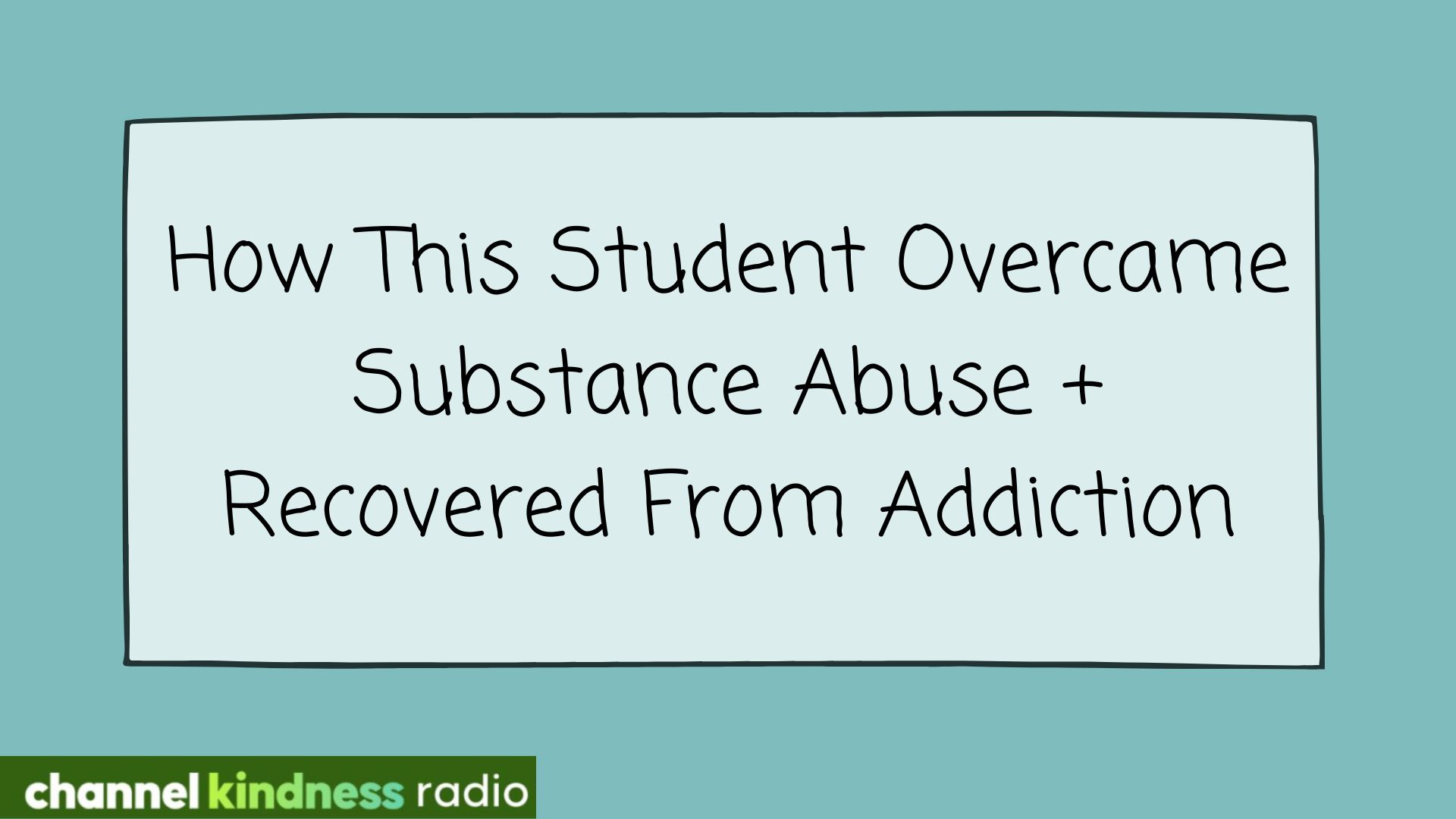Picture this: You’re watching a comedy movie on a Saturday night, and enjoying some downtime with your pets, when suddenly you get the urge to look at your phone…You click on your social media app only to find that…your best friends are all out together and didn’t invite you?! How dare they! Your thoughts start to race: ‘Why am I not there? I’m such a loser to stay home on a Saturday night while all my friends are out.’ Then, you get caught in the spiral of mindlessly scrolling through other photos on your newsfeed, only to be inundated with posts of others appearing to live better lives than you.
They’re on vacations in Europe, partying at clubs, wearing the best clothes, posting with their significant others, all while appearing to look fit, happy, and energetic at the same time. You ask yourself, ‘Why me? Why aren’t I this fun person who’s beautiful, has perfect skin, and has a ton of friends to travel with?’… and down the rabbit hole you go! The Saturday night you were once enjoying suddenly went to shambles. Does any of this sound familiar to you? Well, welcome to the generation of FOMO (fear of missing out). Yes, it is an actual term. And in particular, a lot of millennials and gen-z’ers face this fear quite often!
Fear of missing out can significantly impact mental health. Research indicates that FOMO is associated with mood swings, low self-esteem, and increases in anxiety and depression. FOMO and negative interpersonal relationships can simultaneously affect one another. It can be helpful to determine if this fear is a relevant concern in your life and may be a factor influencing your well-being. If this seems of relevance to you, keep reading to get some tips on how to cope with fear of missing out!
- Take social media breaks or stay off your phone
If you have the temptation to go on social media or feel like your phone is tugging at you, it can be an excellent idea to try social media breaks or stay off your phone. At any given moment, being able to understand how your moods are linked to the content you consume via social media can be a great advantage for your own mental health!
If you notice you’re in a more sensitive mood than usual, determine whether scrolling through your feed will be helpful or harmful to you. Will the content shown on your feed exacerbate such negative feelings if you’re already in a fragile state of mind? Really check in with how you’re feeling. If you catch yourself getting stuck in a whirlwind of negative thoughts and comparisons, consider taking a break. This can be in the form of temporarily deleting the app or just staying off your phone. If you want to live and embrace the moment you’re in, this can be an awesome way to disconnect with technology and reconnect with yourself and your surroundings!
- Release the pressure to post your life
When you go to that cool restaurant, bar, hiking trail, party, or vacation, it can be easy to feel like you must post it all to show you’re living it up! Because why? It feels as though everyone is doing it. Our culture has become so immersed in documenting our everyday lives, that it can feel foreign to not post what you’re doing. A common saying is, “If you didn’t post it, did it even happen?” There’s a lot of stress that comes with archiving our lives for the world to see.
What happened to just doing things for ourselves and not having the urge to impress others with our lives? Now…imagine this weight and pressure being lifted off your shoulders. For so many individuals it can be habitual to feel the need to post, however, try to refrain from it! Can you go to that party without taking your phone out and recording everything in your surroundings? Can you enjoy that elaborate meal on your plate at a restaurant without taking a photo of it first?
When you break the habit of posting, you may find yourself truly basking in the moment you’re in, fully cherishing and engulfing yourself in life’s activities. Give it a few weeks to unlearn this habit and you may just get that sense of freedom and relief when you no longer desire to post as often!
- Challenge assumptions via thought-catching
A common assumption amongst many social media users is that everyone is happy all the time, seamlessly living their best life…However, things aren’t always as they appear to be! Pictures and videos don’t accurately represent human beings in their entirety. Everyone has good and bad days, and oftentimes people are only willing to share the good ones.
Here’s a made-up scenario to demonstrate a false assumption. Let’s say you come across a couple on your newsfeed who just posted a photo for their anniversary looking all lovey-dovey. However, what you didn’t know is…they actually had a blowout fight earlier that same day. After seeing this post, you think to yourself, ‘Wow, I wish I had that kind of relationship. They never fight and always seem so cheerful. Why doesn’t my boyfriend post photos of us for our anniversary?’
This would be a great opportunity to practice some thought-catching! Challenge these thoughts and recognize them to be mere predictions and assumptions! Continue to notice if your brain automatically jumps to assumptions and conclusions about others when using social media.
Remind yourself that everyone has hardships in life, alongside both happy and sad moments! With all its fluidity and nuance, it’s impossible to capture human life in a single static picture. No one’s life is perfect in the way they seem to be online, and imperfection is what makes life beautiful. Work at consistently catching yourself when you fall into these faulty thinking patterns.
Wrap-up: Fear of missing out is a real fear that has been recently defined in the past few years in response to the rising popularity of social media use. FOMO can interfere with everyday life and cause a significant amount of distress for those who experience it. If you feel FOMO is negatively affecting you, consider talking to a therapist who can help you better understand this modern-day fear and provide ways to work through it. Therapy can give you the encouragement, support, and guidance needed to establish social media boundaries (if applicable), challenge faulty thinking patterns, practice acceptance, differentiate healthy vs toxic relationships, and identify goals and values that align with your life path!

















